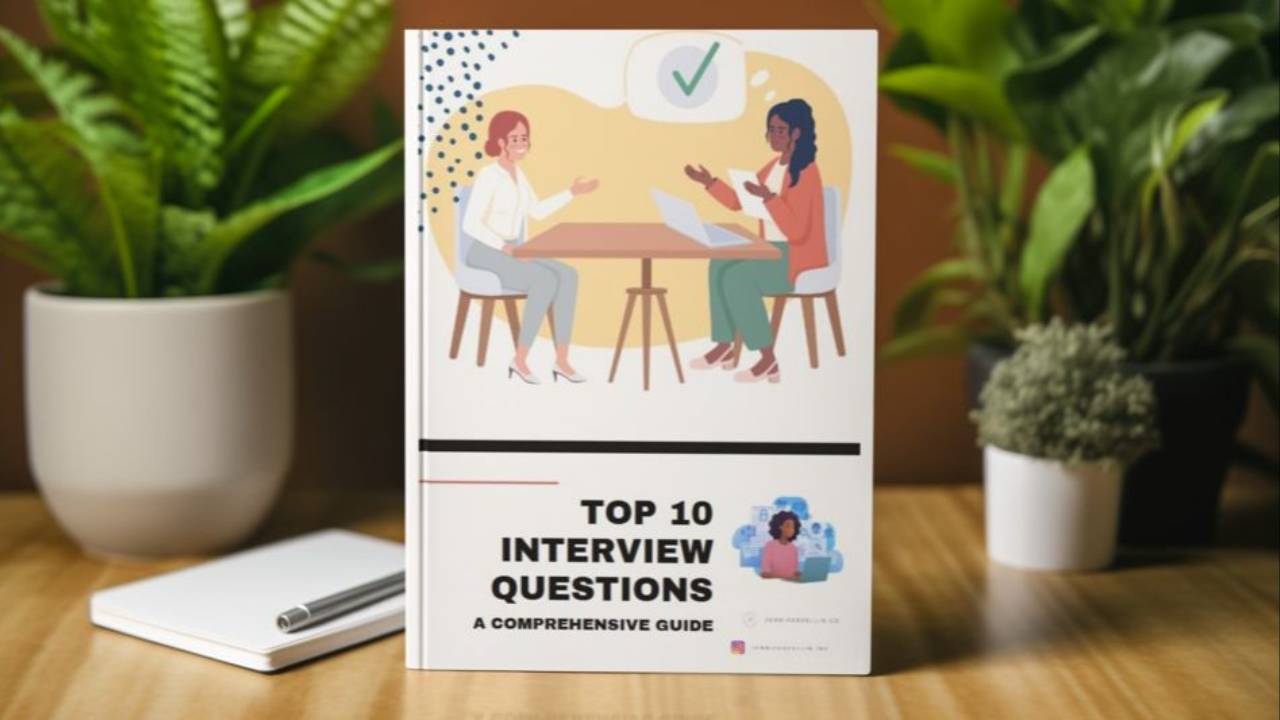9 Valuable Tips To Conquer Your Fear of Public Speaking
Dec 09, 2022
One of the most common phobias that people have is called glossophobia, which literally means “fear of speech.” Death is now considered to be the second most feared thing in the world. If you’re someone who gets nervous when they have to speak in front of other people, you’re not alone. Learning to speak comfortably in public is a skill that can be mastered.
The anticipation of an unpleasant experience is the essence of fear. Is your fear based in reality, or is it based in your imagination? We have a natural tendency to be afraid of how other people will judge us, whether we will be made fun of, whether we will make mistakes, sound stupid, or forget what it was we were going to say. It’s as if we are on trial in front of the Supreme Judge and everything we say or do in front of the audience is expected to be severely criticized.
On the other hand, it is perfectly natural to experience anxiety and nervousness before making a public speech. In fact, it’s something that should be anticipated, welcomed, and put to productive use in order to boost output rather than be feared at all costs.
So, the question now becomes: how can we channel the normal anxiety response that we feel before giving a public speech? Contrary to popular belief, the old adage “just imagine the audience naked” is not a good idea, and it can be quite off-putting.
How can you do overcome your public-speaking fear then? This common phobia can be conquered, and it is possible to do so. Those who suffer from glossophobia can use a variety of methods to deal with the condition, such as public speaking techniques and therapy.
If you also want to become a more likeable, charming, and persuasive public speaker, consider these nine suggestions.
- Learn to look in the right places
The first step is to know where to look.
When addressing a large audience, it’s best to look slightly above the heads of the people listening to you. That way, people will think you are observing them all, and you won’t have to face the intimidating prospect of the crowd’s size every time you look around.
Find the one person in a more intimate group who is fixated on you, making direct eye contact, and listening intently to everything you have to say. Communicate with them. You will feel more assured in your public speaking abilities after listening to them.
Someone in the audience who is distracted by their phone is distracting everyone else. Don’t pay any attention to them.
Try some deep breathing exercises
One cannot stress the significance of this piece of advice enough. Rapid, shallow breathing is a telltale sign of anxiety. You are sending the message that you lack self-assurance in this way. On the other hand, if your breath is slow and steady, it means you’re in command of the situation.
Before giving a public speech, it can be helpful to practice some breathing exercises to help calm your nerves and focus your mind. In the event that you experience an anxiety attack or other negative symptoms while standing in front of the group, deep and slow breaths may help.
First, take a four-second breath in through your nose, then hold your breath for another four seconds, and finally, take a six-second breath out through your mouth. Repeat this exercise as many times as necessary until you feel the tension leaving your body, and you are able to think more clearly.
Remember to give yourself a moment to catch your breath and pause after each point that you make when you start to speak. A brief pause in conversation or applause is perfectly okay during a presentation. In some cases, this may even be a plus, as it serves to highlight the meaning of your previous statement. On stage, even a short pause can feel like an eternity, so try to hold back from speaking for at least three seconds if you can.
Perform out loud
We can’t stress this point enough: you have to put in a lot of work in the form of practice. The saying goes, practice makes perfect.
To get better at public speaking, you can use a virtual reality (VR) app, join a local public speaking club, or practice in front of close friends and family. Virtual reality (VR) applications are very good at fooling your brain into taking the listeners in the application as real.
Some ways to verbally rehearse:
- Go out and find a public speaking club near you.
- Deliver a presentation in a simulated environment.
- Put on a show for a close pal or a coworker.
- The use of a mirror for practice is recommended.
- Rehearse using a virtual environment for video conferences.
- It’s a great transition from practicing in front of a mirror to doing so in front of an audience.
Never lose sight of your mission
More often than not, being put in a position of public speaking requires a degree of confidence on the part of your audience or the person who put you in charge. Maybe you want to talk about something you just put out in the world, or maybe you tried out a new line of inquiry in your research and found it to be viable.
Take comfort in the fact that no one in the room is out to bother you – or to crucify you. In point of fact, the vast majority of people are probably just relieved that it is you, and not them, who is speaking on stage. Planning your speech in advance will help you leave a good mark on your listeners.
If the people listening to you don’t belong to the same industry as yours, you should avoid using jargon or acronyms. Simple language and straightforward slides will impress your audience.
Have a script but don’t memorize
Take notes on the most important points you want to make. Writing out your entire speech and reading from a script may seem like the easiest option, but your words will come across as robotic if you read them instead of making eye contact with the audience. It’s impossible to avoid sounding robotic when delivering a memorized speech, even if you’re not reading from your notes.
Keep in mind that this in no way precludes the use of notetaking. You can easily remember key points by using index cards with bullet points.
What is it that people are most afraid of that they have to rely on a piece of paper? Losing one’s train of thought in front of a crowd of hundreds of people. Famous public speakers throughout history have relied on scripts in case they freeze up or forget their lines. The worry of making a speech in front of other people can keep us from thinking about anything else.
You may feel anxious or fearful just thinking about doing this without the security of a script, and that’s perfectly normal. However, keep in mind that when working from a script, people have a tendency to either read directly from it or memorize every line. That breaks the fourth wall and separates you from the listeners.
A more efficient strategy for approaching the challenge at hand is to first organize your script as a series of bullet points, or even better, as a list of themes or connecting sentences on a cue card. Speaking from the heart, rather than the head, will make the speech sound more natural, warm, and less rehearsed, and it will make it easier to convey your enthusiasm for the subject and connect on a deeper level with your audience.
Never put your whole faith in tech
The only thing more nerve-wracking than flubbing your lines during a speech is having a live demo crash and burn. It is a terrible, wrenching sensation in the stomach.
It’s important to be ready for any technical difficulties, such as your presentation slides, photos, or videos failing to load. A printed copy of a PowerPoint presentation can be handy if your computer or projector fails during a presentation.
You should have a back-up plan, such as showing a video of your presentation or some other way of presentation, in case your original plan goes down the drain. This can help you feel more confident, calm and collected, and less nervous about public speaking on your big day.
Be aware of the people who are watching you
The language you use, the tone you strike, the opening sentences you use, the length you opt for, and a million other details all depend on the audience you'll be addressing.
There are a few approaches to figuring out who you’re talking to:
- Conduct research on the occasion by reading their posts on social media and blogs.
- Gather information on the other speakers and the topics they will be covering if you are attending a conference.
- As people enter the room, greet them and inquire about their experience, interests, and expectations.
- Learn how big the crowd is.
- When you know your audience, you can give a speech that resonates with them and feel more at ease during the Q&A session at the end.
Pay attention to the introduction and conclusion.
The impression you leave on your audience is shaped by both your opening and your closing. There will be a brief window of opportunity during which you can draw in the crowd'’ attention and keep them from checking their phones again.
If you’re going to go out there and present, give your ultimate best. Try leading with a statement that will catch people’s attention, like a statistic or a quote.
As you draw to a close, you will find that your audience’s interest in the presentation has returned to its highest point. There is a good chance this will be one of the few parts they retain, so it’s crucial that you nail it.
Don't wing the introduction and conclusion. Instead, you should write them out and practice them until they are perfect. Your best bet is to write out pointers of the particulars you want to put in these sections and memorize the sentences and phrases you deem most important.
Think about getting some counselling
Experts in the fields of neuroscience and psychiatry agree that people with glossophobia can benefit from learning to manage their anxiety through therapy. Talking to a trained professional about cognitive behavioral therapy (CBT) can help patients identify the source of their anxiety and develop coping mechanisms to deal with it. In some cases, exposure therapy is also helpful. By getting comfortable with public speaking in front of a smaller, more familiar audience (like family members), you can develop strategies for handling more intimidating public speaking situations.
Conclusion
Your ability to prepare for and gain experience in public speaking situations is the most important factor in overcoming your fear of doing so. If you put in the time and effort to prepare thoroughly, you’ll feel much more at ease in front of an audience and know that you can give a speech that is both clear and interesting.
Having done more presentations, you will gain confidence and no longer have to dread giving that one. Get over your fear of public speaking by speaking in front of an audience as often as possible. This could mean joining a local public speaking group, presenting a talk at some conference, taking the help of virtual reality, or a variety of number of other strategies.
An attitude of acceptance and positivity toward your fear and a commitment to taking on the role of the Speaker, rather than the Unspeaker, can help you conquer your fear of public speaking.











